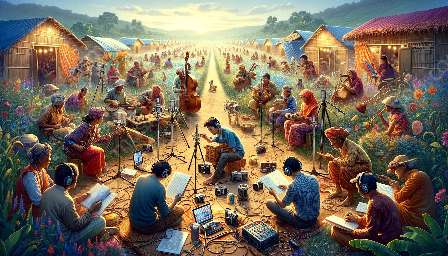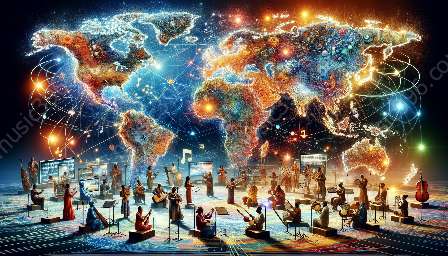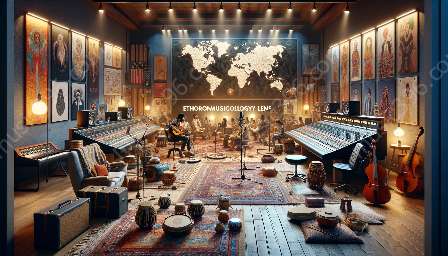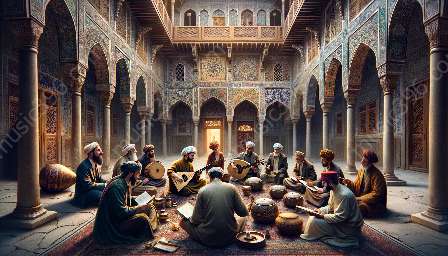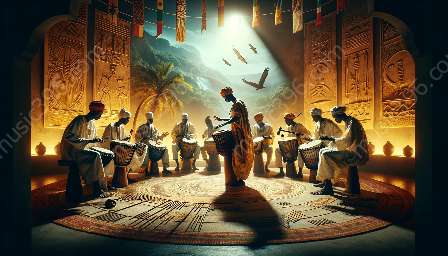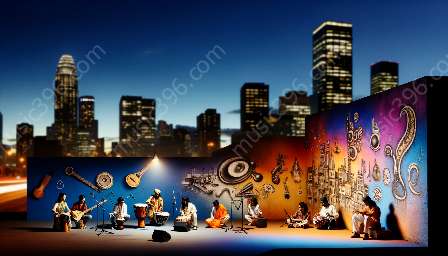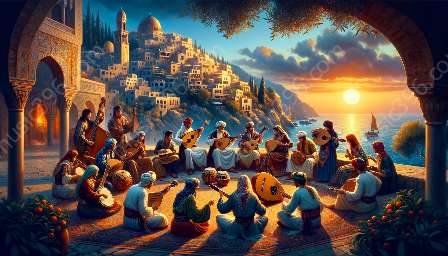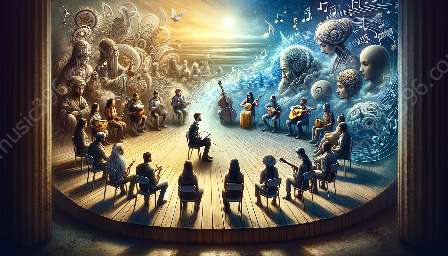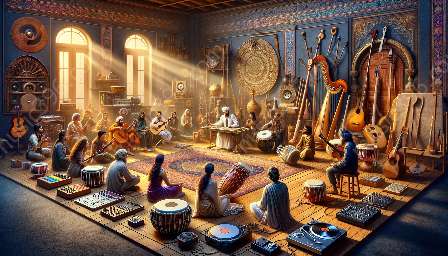Music has long been recognized as a powerful tool for cultural diplomacy and conflict resolution, and the field of ethnomusicology offers a unique perspective for understanding its impact. This topic cluster aims to explore the role of music in promoting peace and understanding, considering the insights gained through fieldwork in ethnomusicology.
The Power of Music in Diplomatic Relations
Music has a universal language that transcends borders and barriers, making it an ideal medium for diplomatic relations. Throughout history, music has played a significant role in fostering cultural exchange and understanding between nations. It has often been used as a tool to bridge divides and facilitate dialogue, especially in times of conflict.
One notable example of music's diplomatic power is the renowned performance of cellist Yo-Yo Ma at the inauguration of President Bill Clinton in 1993. His performance symbolized the potential of music to create a sense of unity and harmony across diverse cultural and political landscapes.
Fieldwork in Ethnomusicology
Ethnomusicology, the study of music in its cultural context, provides a nuanced understanding of the role of music in diplomacy and conflict resolution. Ethnomusicologists engage in extensive fieldwork, immersing themselves in diverse musical traditions and communities to gain insights into the cultural, social, and political aspects of music.
Through fieldwork, ethnomusicologists are able to document, analyze, and interpret the multifaceted roles of music in different societies. They examine how music is connected to identity, memory, rituals, and social structures, offering valuable perspectives on the potential for musical exchanges to foster peace and reconciliation.
Musical Exchanges for Peace and Understanding
Music has the capacity to transcend differences and create spaces for dialogue and understanding. Ethnomusicologists play a vital role in facilitating musical exchanges that promote peace and reconciliation in conflicted regions. By participating in fieldwork, ethnomusicologists can identify opportunities for musical collaborations that bridge cultural divides and promote mutual respect.
One inspiring example of musical exchanges for peace is the West-Eastern Divan Orchestra, founded by conductor Daniel Barenboim and the late literary scholar Edward Said. The orchestra brings together talented musicians from Israel, Palestine, and other Arab countries, fostering intercultural dialogue and understanding through collaborative music-making.
Unpacking Conflict through Musical Narratives
Music offers a unique way to engage with the narratives of conflict and to provide a platform for healing and reconciliation. Ethnomusicologists delve into the musical expressions of communities affected by conflict, shedding light on the ways in which music reflects and shapes collective experiences of trauma, resilience, and hope.
Through fieldwork, ethnomusicologists uncover the stories and meanings embedded in musical traditions, offering insights into the social and emotional dimensions of conflict. By amplifying marginalized voices and narratives through music, they contribute to a deeper understanding of the complexities of conflict and the potential for music to serve as a transformative tool for peacebuilding.
Conclusion
Music holds immense potential as a form of cultural diplomacy and conflict resolution, and ethnomusicology offers a rich framework for unpacking its roles and impacts. Through fieldwork, ethnomusicologists contribute to the understanding and promotion of musical exchanges that foster peace, understanding, and reconciliation across diverse cultural landscapes. By acknowledging the power of music in shaping narratives and fostering dialogue, we can harness its potential as a catalyst for positive change in diplomatic relations and conflict resolution.


